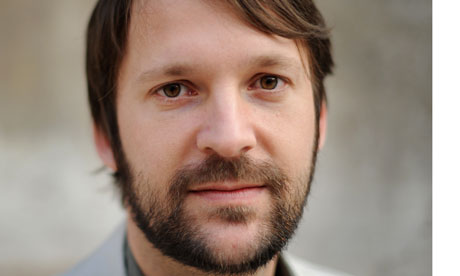
I am prepping dinner with Michel Bras, three-Michelin star chef, creator of the chocolate fondant and the man who singlehandedly elevated a (not-so) simple dish of vegetables into the most copied plate of food of all time. That was in 1983 but this is 26 August, 2011, and a group of the world's finest cooks, food philosophers, writers, scientists, thinkers – and me – are gathered at the request of René Redzepi to "plant thoughts" at MAD FoodCamp.
First we have to cook. Behind me, New York superchef David Chang is doing something delicious to pork neck. Tokyo's Yoshihiro Narisawa is tearing the legs off crayfish. There is Magnus Nilsson from Sweden, Daniel Patterson from San Francisco, Iņaki Aizpitarte from Paris's celebrated Chateaubriand, all hay-smoking oysters or preparing wild berry desserts with a top team of foragers.
The world's greatest vegetable cook passes me a mountain of kale to peel by hand (no knives, s'il vous plaît). I am working with Lebanese activist Kamal Mouzawak and Danish philosopher Tor Nørretranders and compared to the professionals we are slow and unskilled. There are many dishes to prepare and cook to Michel Bras standard. Chef is looking a little concerned. I finely slice kale spines at 45 degrees. Miraculously, we are joined by Andoni Aduriz from Spain, like bringing Lionel Messi off the subs bench.
After four hours we are ready to sit and eat and share our meal. Over the next two days, we will also share ideas and thoughts on food, we will eat ants, courtesy of São Paulo's Alex Atala. We will learn that "ants don't taste like ginger. That ginger tastes like ants". We will also learn that all over the world, from Malmö to Melbourne, people are inventing a new vocabulary for food deeply rooted in its own time and place. As Redzepi says about Noma in Copenhagen: "If we can cook good food here, you can cook it anywhere." And for one August afternoon in a Danish field that is what we did.

